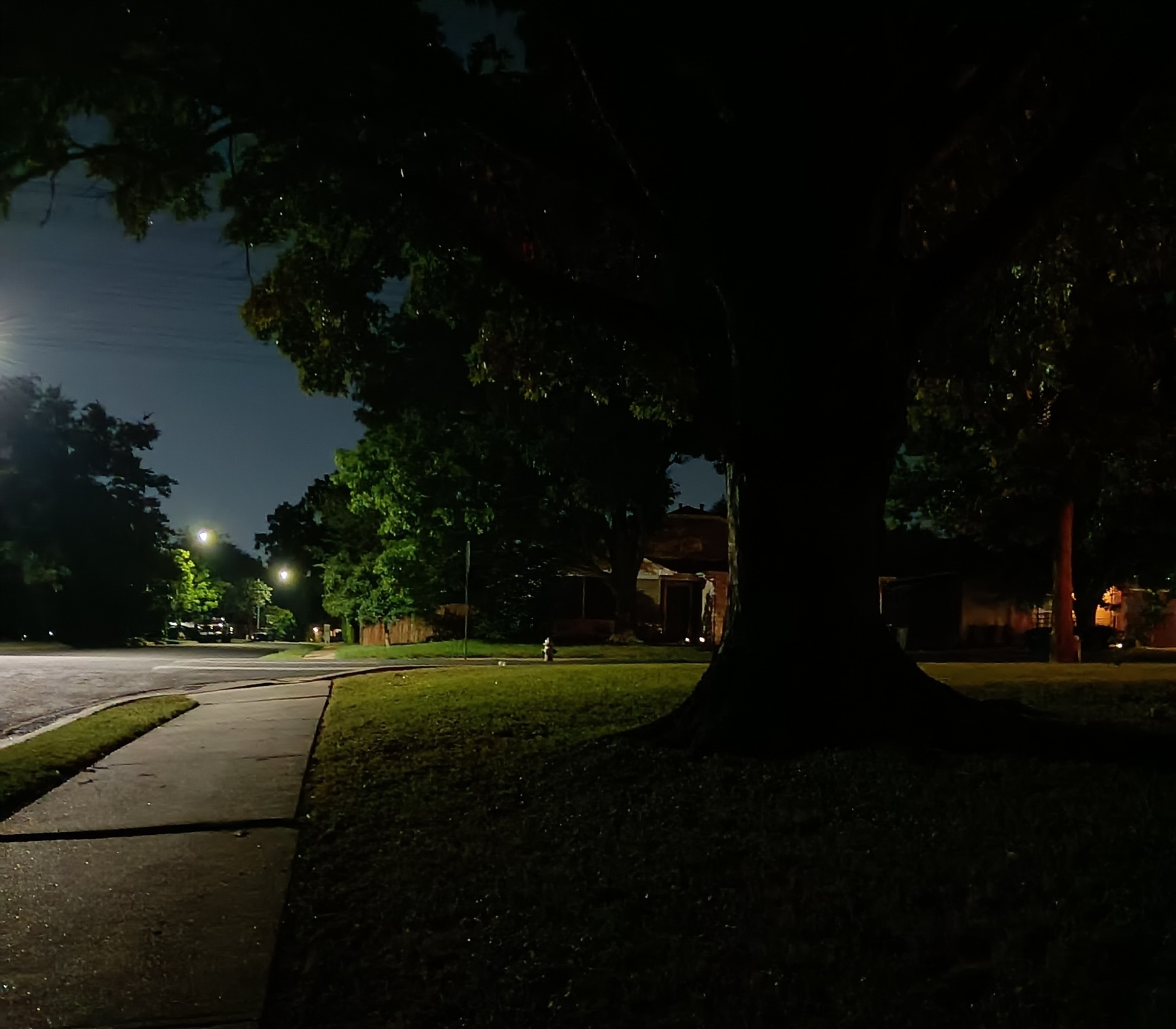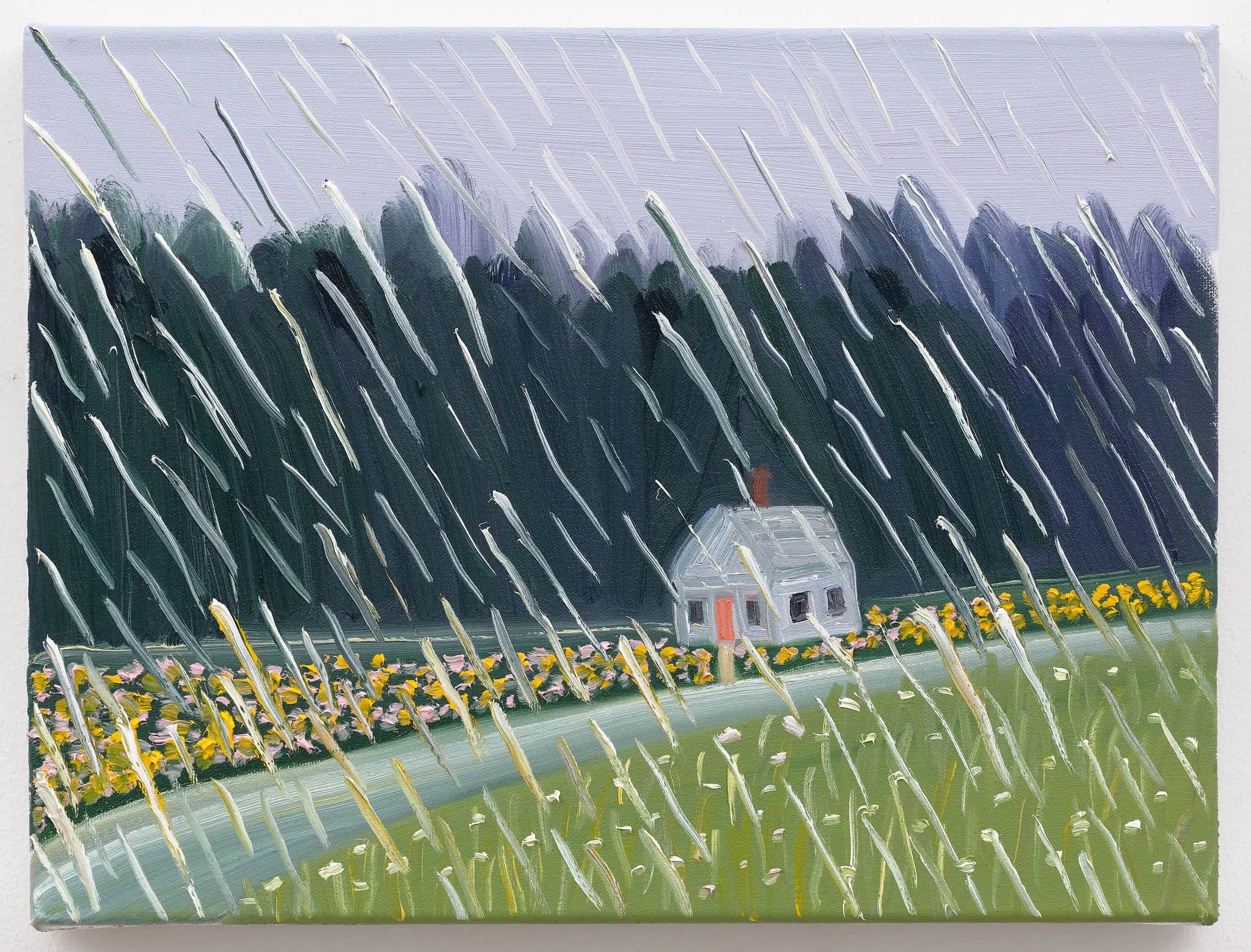
Finished reading: Fahrenheit 451 by Ray Bradbury 📚
Punchy and fun to read. Bradbury’s classic definitely seemed less about censorship and authoritarian repression (à la 1984) on this reading and more about the dangers of a culture awash in media and uninterested in books/reading (à la Brave New World). I came across this anecdote from Bradbury in the late 1950s,
In writing the short novel Fahrenheit 451, I thought I was describing a world that might evolve in four or five decades. But only a few weeks ago, in Beverly Hills one night, a husband and wife passed me, walking their dog. I stood staring after them, absolutely stunned. The woman held in one hand a small cigarette-package-sized radio, its antenna quivering. From this sprang tiny copper wires which ended in a dainty cone plugged into her right ear. There she was, oblivious to man and dog, listening to far winds and whispers and soap-opera cries, sleep-walking, helped up and down curbs by a husband who might just as well not have been there. This was not fiction.
From where we sit today, this Beverly Hills woman seems down right quaint. Bradbury died in 2012, but I can imagine that he’d look at American culture in 2024—full of addicts glued to glowing rectangles and utterly oblivious to nature and neighbor—and see a startling bit of progress toward his dystopian vision.











